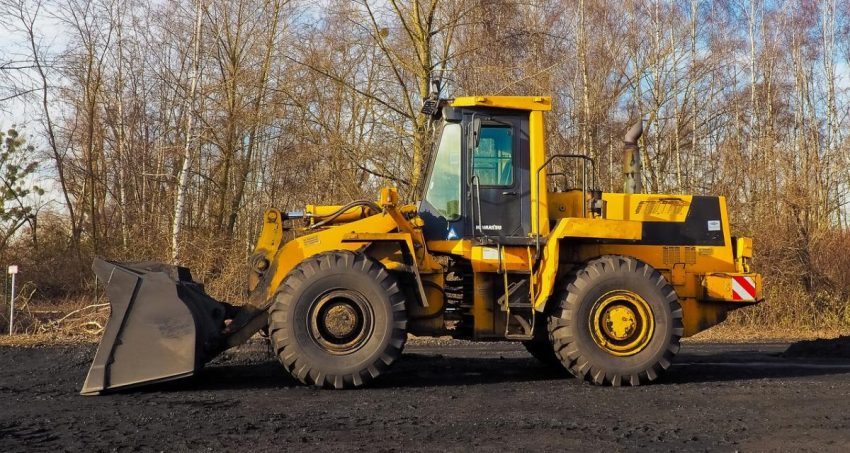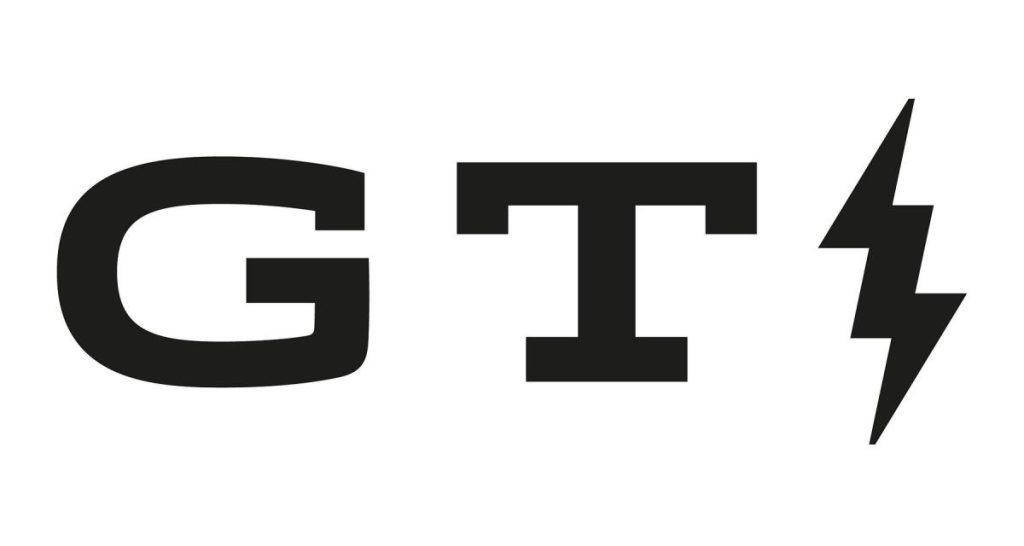Since 2018, the exit from the GNR “tax refund” (2) was recorded. But, as the deadline arrived, the construction industry made its voice heard to defend its achievements. It must be said that instead of 59.4 c€/l of TICPE diesel, the construction industry (and others) pay 18.82 c€/l. Each year, this represents a “tax gift” of 900 million euros, half of which goes to the construction industry. Except that as soon as the announcement was made, the construction industry grumbled and showed its teeth by blocking roads, oil depots, etc.
The State therefore balked each time when faced with the obstacle. It was never the right time…yellow vests, Covid-19, energy crisis, etc. This time, the State slammed its fist on the table. No, we’re kidding. A week ago, the Minister of the Economy, Bruno Le Maire, declared that GNR tax deductions would be eliminated. So what ? In fact, the elimination will be gradual. It will begin in 2024, but will extend until 2030 for construction, and undoubtedly beyond for Agriculture.
This reduction should be linear with roughly 7 cents more per year. This is a condition for the construction federations not to go on strike. This should allow companies to gradually compensate for the increase. Especially since support measures are planned. These compensations could be access to biofuels. Indeed, until now, construction and public works, like other professional sectors that use diesel, have been largely ignored by agro-fuels.
A climate transition that has a positive impact
This could enable the creation of a professional French biofuel supply sector. Meetings are planned in the coming weeks to clarify all of this. Because the State’s excuses for fully taxing GNR are:
- The desire to change tax policy
- Encourage the consumption of fossil fuels, which are harmful to the climate,
- Promote a tax policy more inclined to ecological investments.
This is obviously not to recover hundreds of millions of euros in what we call a “tax niche”. And the carriers in all this? Shh shh! Move around, there’s nothing to see. For them, a lower tax, as well as exemptions, are still appropriate. Transportation is too socially dangerous for the state. The TICPE for transport is overall €45.19/hl for the transport of goods and €39.19/hl for the transport of people compared to €60.75/hl for individuals (on average, the TICPE depends on the regions).
Representatives of road transport declared that the sector could not support an exit in 2030 from the “tax refund”, but rather in 2040. For OTRE, FNTR and Union TLF, transport will not be able to have a carbon-free energy offer sufficient before this date and diesel transport will therefore remain the norm. For the TMR, the elimination of the “tax-free” TICPE would represent 1.8 billion euros which would go into the pockets of the State.
notes
(1) Inversion of norms. This is not a tax refund, but a lower tax. It is “our” fuel that is overtaxed, and not the other way around.
(2) RNG is a fuel used mainly in the agricultural, forestry, river and public works sectors to power the engines of non-road vehicles.


